
Queen Elizabeth II's Life of Faith as Her Majesty Serves as Head of the Anglican Church
Queen Elizabeth II is Defender of the Faith and Supreme Governor of the Church of England, a title she inherited from her ancestor Henry VIII, and faith has been her rock.
Queen Elizabeth II isn't just the titular Head of State of the United Kingdom of Great Britain and sixteen other nations, including Canada, Australia, New Zealand, Jamaica, Bermuda, and Turks and Caicos.
The Queen is also the bearer of the title of Defender of the Faith and Supreme Governor of the Church of England, which means she is also the titular head of the Anglican Church, a responsibility that has shaped her life.
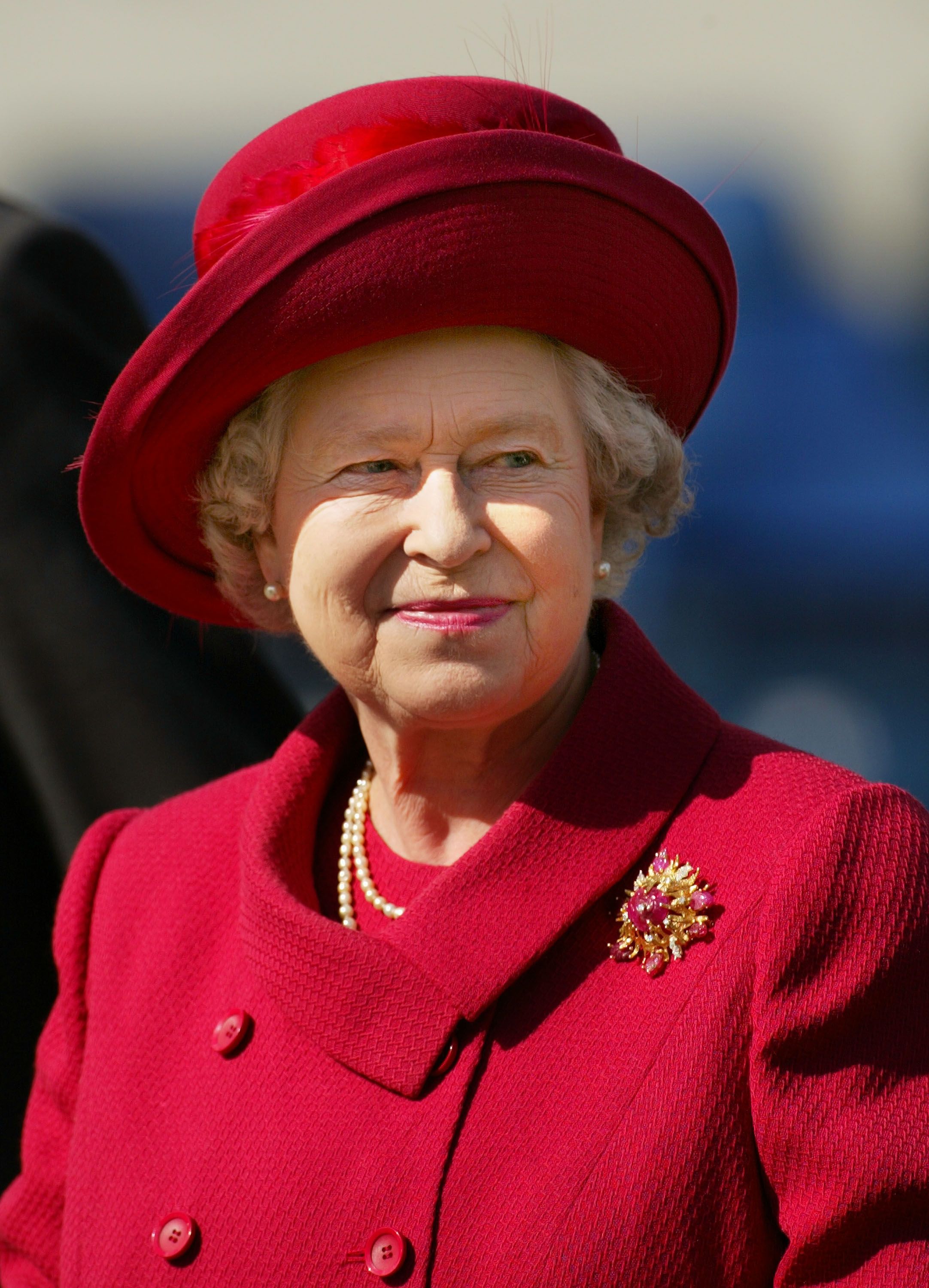
Queen Elizabeth at The Royal Windsor Horse Show in 2002, at Windsor, England | Source: Getty Images
ANOINTED
When the young Queen Elizabeth II was crowned in 1953, she didn't just assume the responsibility of the secular leadership of her country. She also took on the mantle of the head of the Church of England.
Elizabeth was anointed Queen by Archbishop of Canterbury and vowed to "preserve inviolably the settlement of the Church of England, and the doctrine worship, discipline, and government thereof," a task attributed to British sovereigns for centuries.
Elizabeth I had herself proclaimed 'Supreme Governor' of the Church of England, an unheard-of status for a woman.
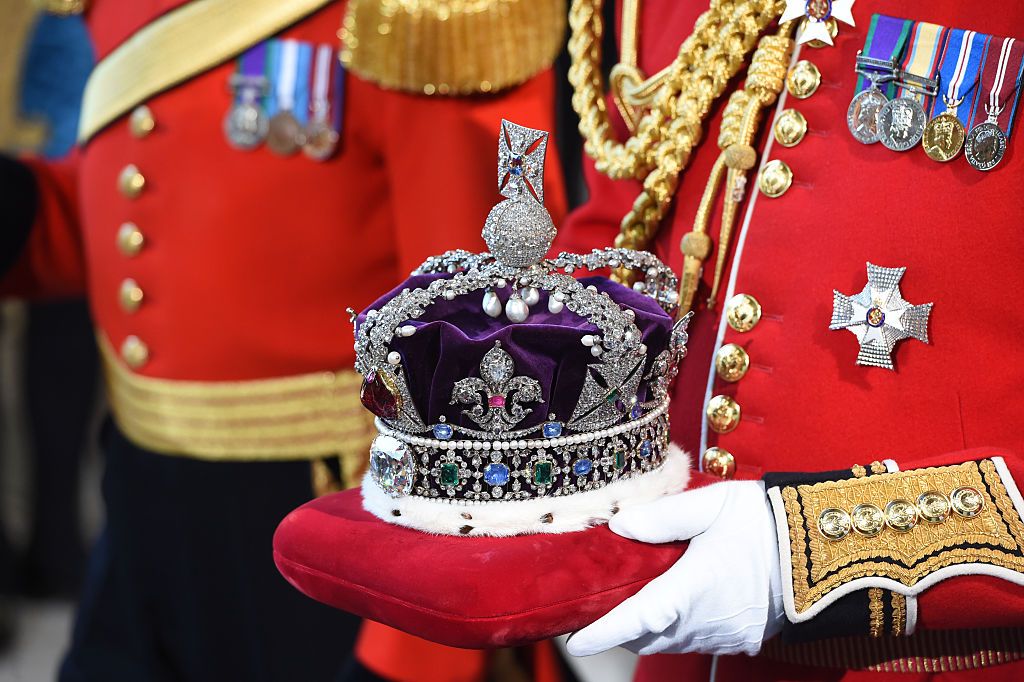
Queen Elizabeth's Imperial State Crown at the State Opening of Parliament in the House of Lords, at the Palace of Westminster in 2015 in London, England | Source: Getty Images
DEFENDER OF THE FAITH
In 1521, the King Henry VIII of England was attributed the prestigious title of "Defender of the Faith" by Pope Leo X after he wrote “Declaration of the Seven Sacraments Against Martin Luther,” defending Catholicism again the protestant movement.
But Henry's Catholic fervor waned when the Pope refused to grant him a divorce from his first wife, Catherine of Aragon so that he could marry her much younger lady-in-waiting, Lady Anne Boleyn.
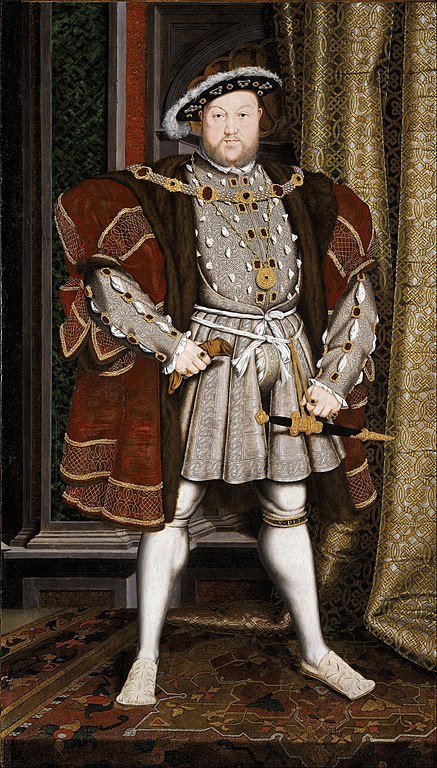
King Henry VIII 1491 to 1547 | Source: Wikimedia Commons/ After Hans Holbein creator QS:P170,Q4233718,P1877,Q48319 , After Hans Holbein the Younger - Portrait of Henry VIII - Google Art Project, marked as public domain
LEADER OF THE CHURCH
Henry sent several embassies to Rome to resolve his "great matter," but to no avail. When it became clear that neither divorce nor an annulment was forthcoming, Henry set Catherine aside and married Anne.
Along with the spiritual authority, Henry was quick to take the extensive lands and vast wealth accumulated by the Catholic Church in England. After Henry's son Edward VI's death, his daughter Mary yielded authority to Rome once more.
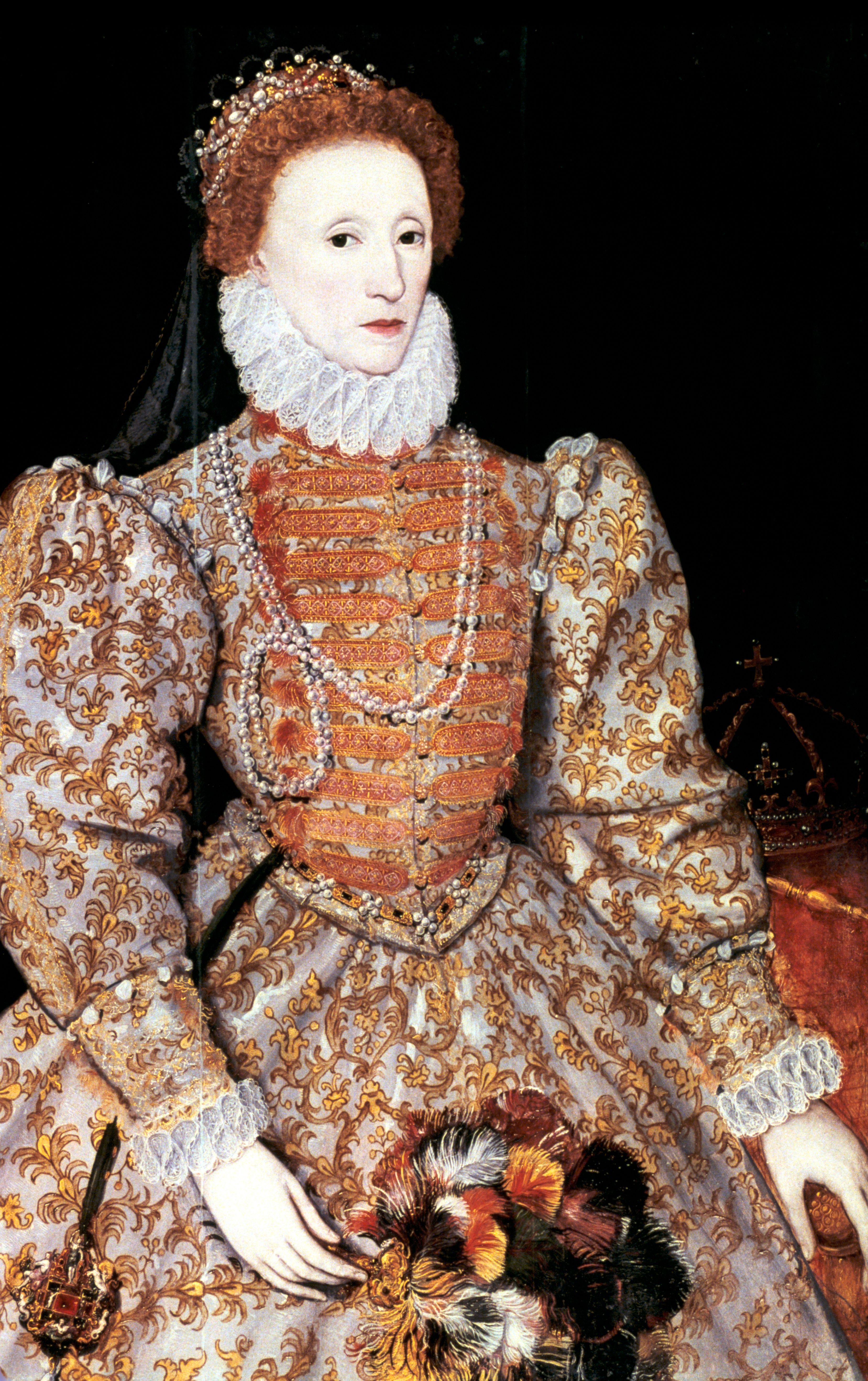
Elizabeth I, Queen of England and Ireland, 1533 to 1603, the Darnley portrait, the National Portrait Gallery | Source: Getty Images
ANOTHER ELIZABETH
It was another Elizabeth, Queen Elizabeth I, Henry VIII's daughter by Anne Boleyn, who followed her sister Mary onto the throne. Elizabeth I restructured the Church of England to its current form.
In an unprecedented gesture, Elizabeth I had herself proclaimed "Supreme Governor" of the Church of England, an unheard-of status for a woman. A staunch protestant, Elizabeth I enforced freedom of religion throughout her reign.
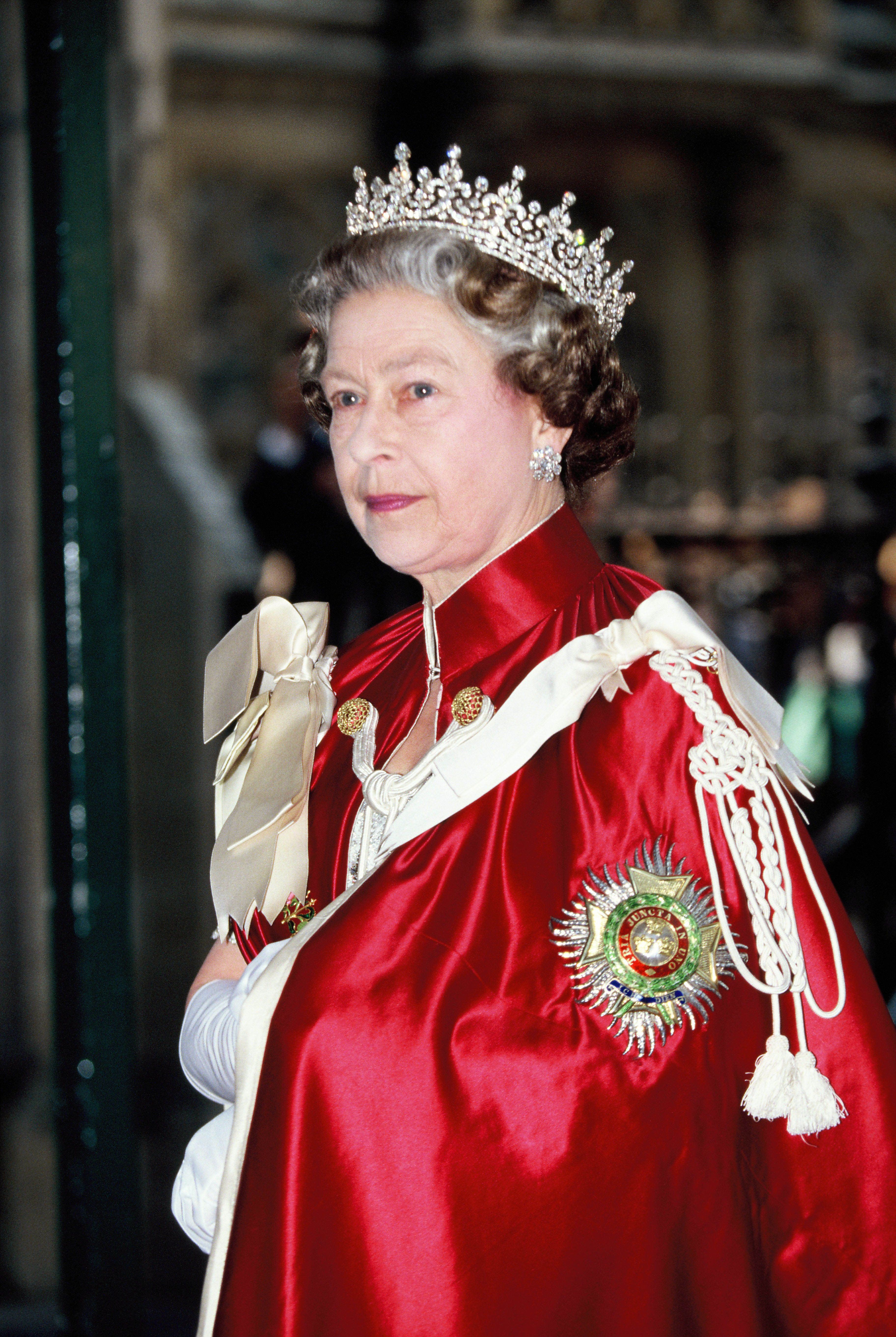
Queen Elizabeth II at the Order of the Bath service at Westminster Abbey in 1990 in London, England | Source: Getty Images
A WOMAN OF FAITH
Queen Elizabeth II was not expected to be queen. When she was born, her uncle Edward was Prince of Wales and would ascend to the throne after the death of her grandfather, King George V. Elizabeth's father was second in line, and she was a distant third.
Elizabeth and her sister Margaret were raised by their parents in the Anglican faith -- both the Duke and the Duchess of York were devout. As a child, Elizabeth learned to pray before bed, a gesture that would be noted throughout her life.
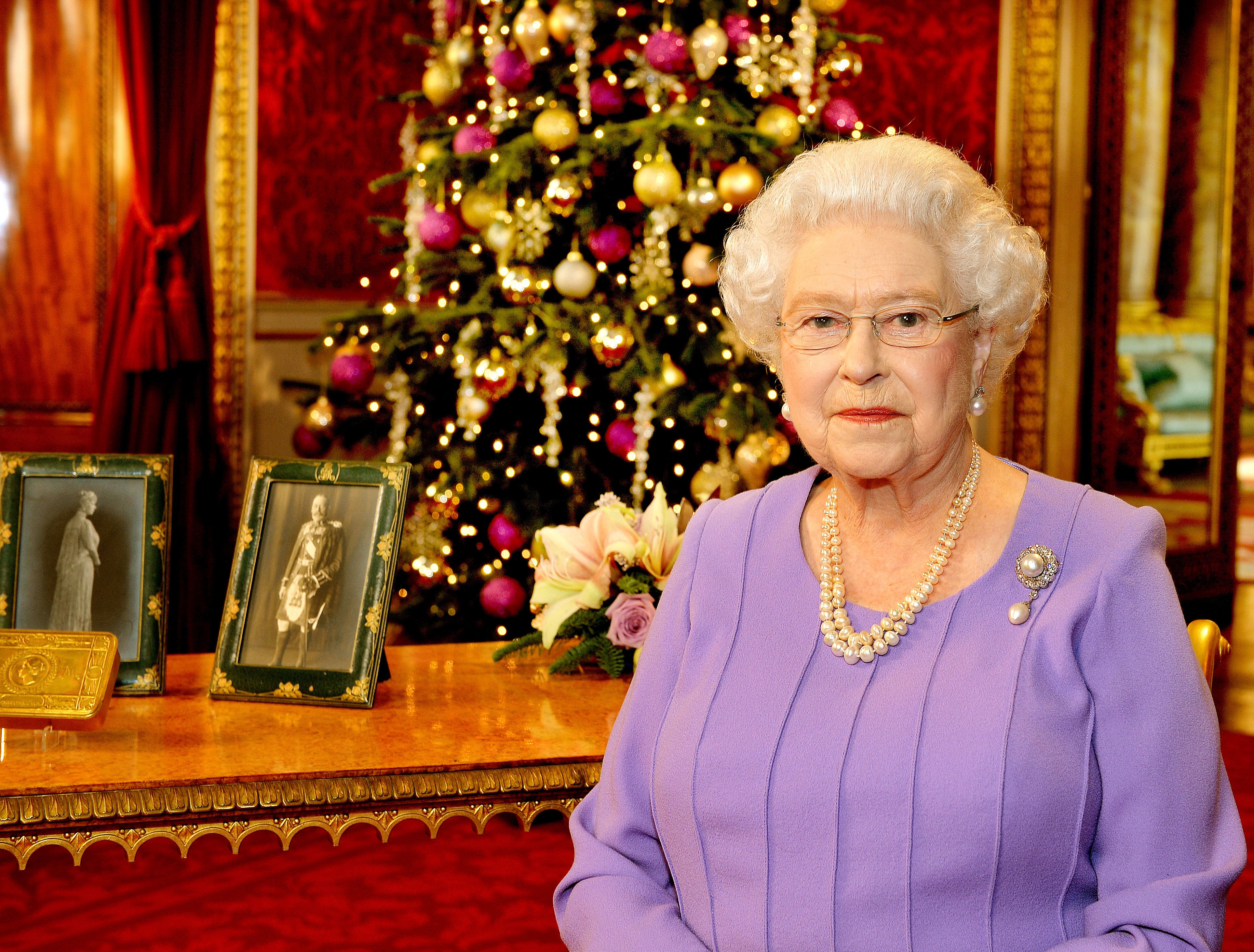
Queen Elizabeth II after recording her Christmas Day television broadcast to the Commonwealth in 2014 in London | Source: Getty Images
But Edward VIII, Elizabeth's uncle, abdicated. He wanted to marry Wallis Simpson, a divorced woman, which the British law did not permit as he was both King and Head of the Anglican Church.
Edward VIII's brother ascended the throne as King George VI, and as his daughter, Princess Elizabeth became the heir presumptive. The Princess became queen at the age of 25 when her father passed away.
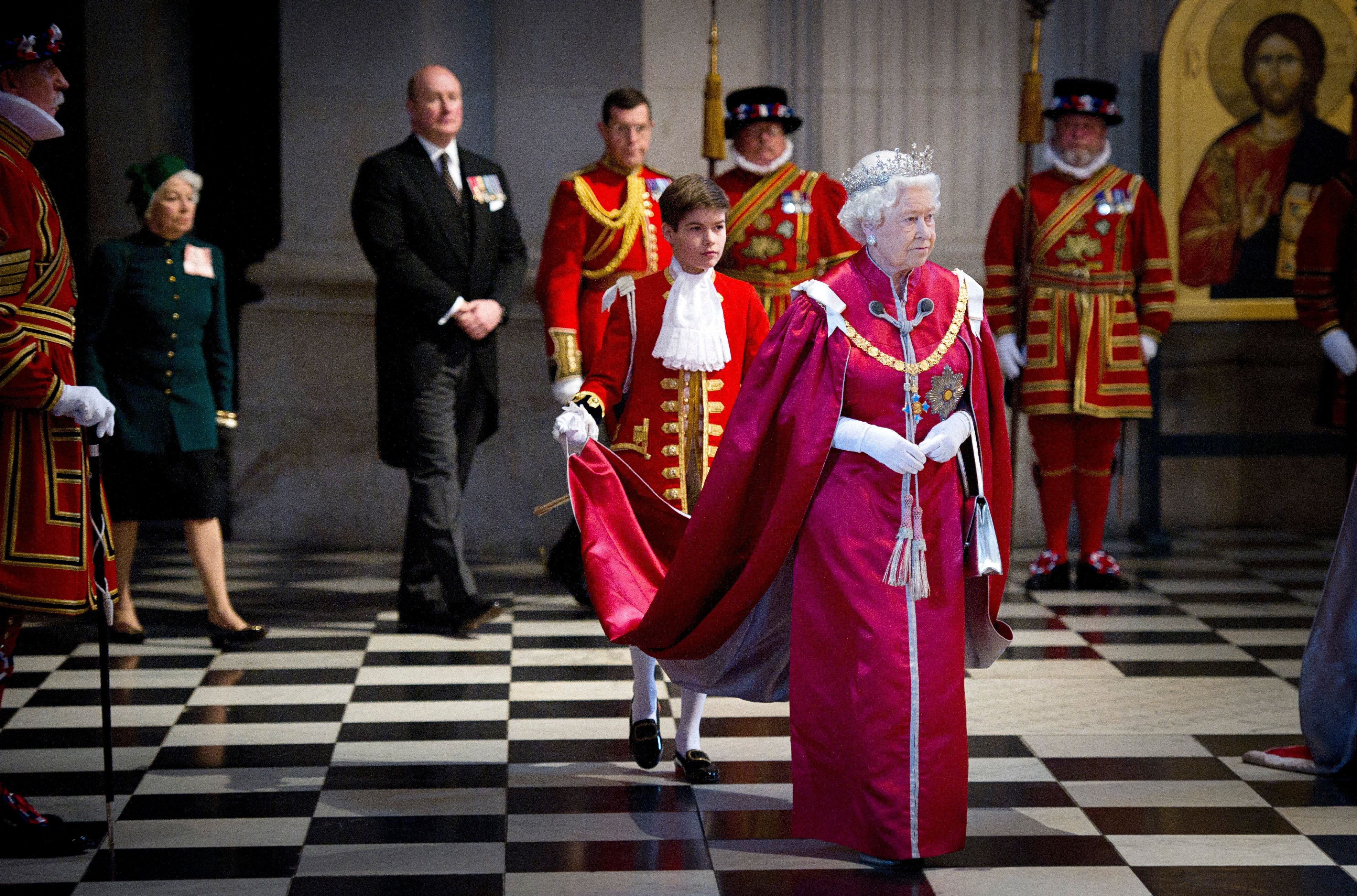
Queen Elizabeth II at a service for the Order of the British Empire at St Paul's Cathedral in 2012 in London, England | Source: Getty Images
The Queen takes her spiritual responsibilities to the Church of England seriously. In 1970, she became the first British monarch to address the General Synod, the legislative body of the Church of England, in person.
Several times during her long reign, the Queen has asked her subjects to pray for her and revealed that her faith is a pillar of her life, just as it was for her famously devout great-great-grandmother, Queen Victoria.
